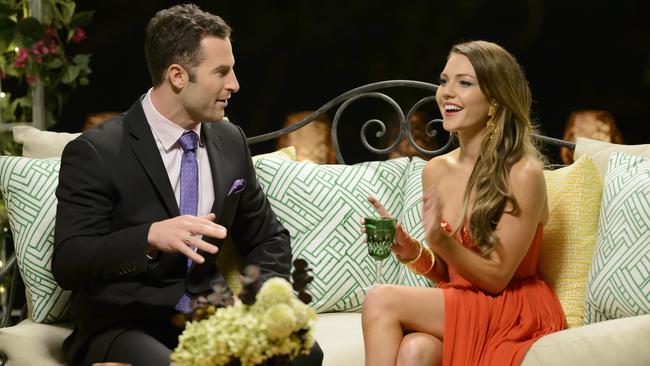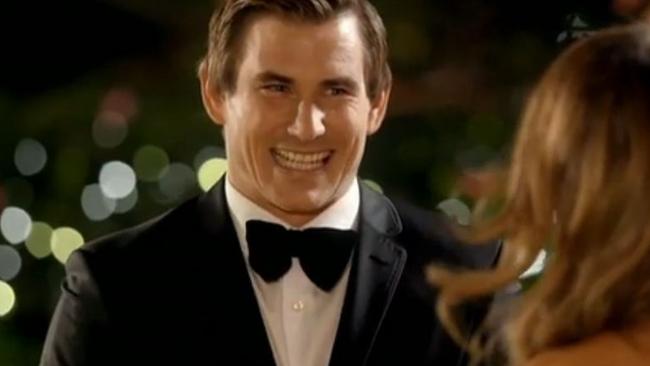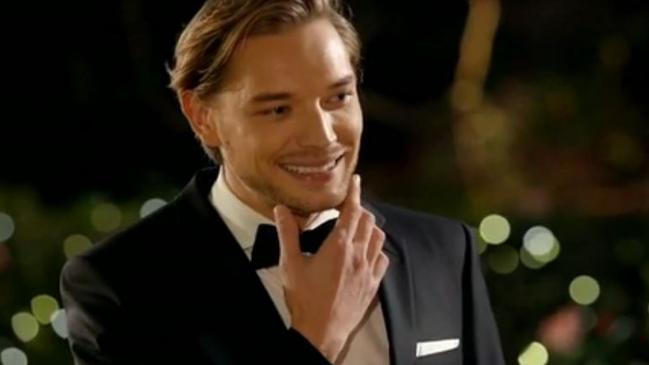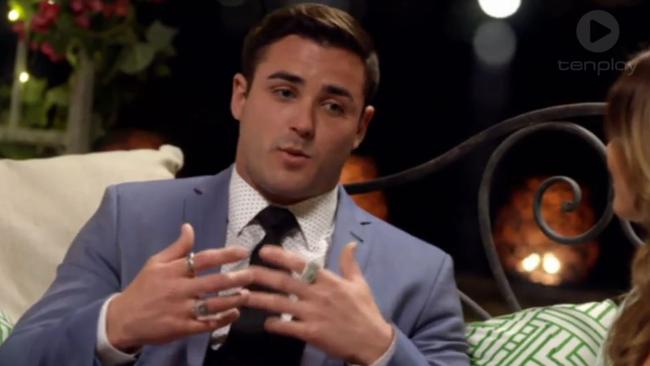Make finding a new job the same as meeting a new mate
RECRUITMENT is much like the business world’s version of The Bachelorette — so treat the job interview like you’re one of several trying to win the role.

THERE’S a line up of suitors eager to be the one selected for the role – only it’s not for a leading man or lady, but for a new job.
Yet not enough jobseekers are treating their job search like the dating game and are boring their potential employers, who do not give them a rose through to the next stage.
Prattling on about what is already outlined on the resume and revealing too much too soon in a job interview is a massive turn off for employers – so jobseekers are urged to turn up the charm.
Interviewers tasked with whittling down their job suitors to the one they want often are looking for cultural fit when they meet.
That often comes down to attitude, rather than the previous work history which has already got them through to the interview stage.

They also want jobseekers to expand on the information they have already, not repeat it.
Strategic career adviser Catherine Cunningham says a smile goes a long way for jobseekers to prove they are good to work with.
“People are so serious, they don’t lighten up. They focus on the technical content, and don’t realise it’s like a first date,” she says.
“You do have to still watch what words come out of your mouth, but there's not enough emphasis on body language, leaning forward (to show interest), that sort of stuff.”
Cunningham, director of the Career Consultancy, says jobseekers need to remember the saying ‘people will buy from people they know, like and trust’ in interviews.
“People tend to focus on if they have a lot of convincing information with how technically good they are on the job, that will get them the job,” she says.
“Very few work on making the prospective employer like them.
“Your job is to charm them – make them think, ‘she knows her stuff and I’d really enjoy working with them’.”

It may mean using the ‘marketing truth’ rather than the ‘whole truth’ and applying tact to what you reveal, Cunningham says.
Far from lying, it may be that if asked about working in a team, for example, give a truthful anecdote.
But if the jobseeker is not a team player, they should consider whether the job may not be right for them, as attraction goes both ways.

“Don’t remove yourself from the race if you want the job because you’ve blurted out the whole truth,” she says.
“At a first date, if I tell you I’m a slob and never take the garbage out, in the dating game, it’s buyer beware.
“But in an interview, people feel they have to reveal warts and all.”
Career adviser Rebecca Fraser, of Rebecca Fraser Consulting, agrees.
“Even when you’re asked about your weaknesses, you want to say weaknesses that still show you’re a strong contender for the role,” she says.
“The first interview is about setting the right scene.
“At the second interview, you get a bit of a rapport, and they get to know the real you.”
Fraser says there is an average of three job interviews before being hired, providing jobseekers with two more opportunities to reveal more information about themselves after the initial meet.
However, jobseekers still only have seven seconds in the first interview on which a first impression is made, so they need to dress appropriately.
“It’s probably like a blind date, rather than a first date, in the interview, as you generally don’t know what they look like,” Fraser says.
“You’ve got to look the part.”



